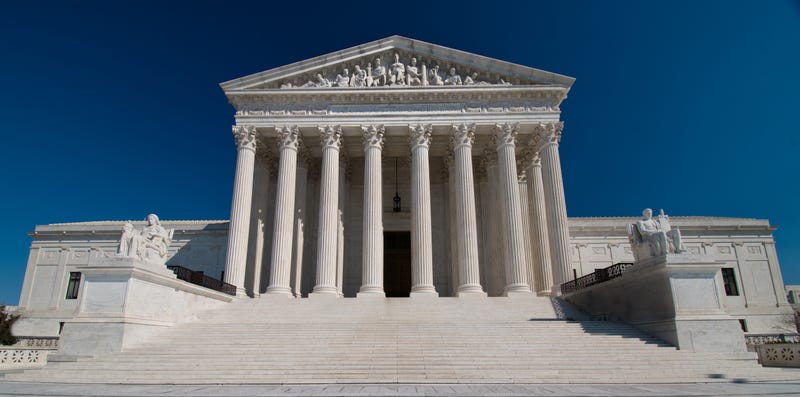
Texas law SB-8, the most restrictive abortion law in the country, has been submitted for review by the United States Supreme Court.
For nearly three hours, two challenges to the law were argued before the court on an expedited basis. One challenge takes on the law’s provision that allows private citizens to sue anyone connected to an abortion performed in Texas. The second challenge is over the U.S. Justice Department’s request for the High Court to overturn a decision by the Fifth Circuit, U.S. Court of Appeals, which lifted a stay of the law while it is under review.

The law, which took effect September first, effectively bans all abortions after a fetal heartbeat is detected. Attorneys for abortion clinics argue many women do not even know they are pregnant at that point. Private citizens are allowed to sue anyone involved in an abortion for $10,000.
The structure of the law presented a challenge that Justices seemed to grapple with: If governmental officials are not involved in the process, how does it pose a constitutional challenge in the federal court system?
“No Texas official is a proper defendant in a pre-enforcement challenge to SB 8,” said Texas Solicitor General Judd Stone.
“The State has structured this scheme in a deliberate attempt to prevent the federal courts from doing anything about the violation,” argued Elizabeth Prolegar, Solicitor General for the United States.
While the arguments were not a direct challenge to Roe vs Wade, the effort by Texas lawmakers to circumvent the law was clearly in the air.
“The entire point of this law, its purpose and effect, is to find the chink in the armor,” said Associate Justice Elena Kagan, one of the three liberal justices on the court.
But the language of SB 8 seemed to grab the attention of conservatives Chief Justice John Roberts, Brett Kavaunagh, and Amy Coney Barett, who worry that allowing states to let private citizens file suits in SB 8 will open the door for lawsuits by other states on other issues, such as gun control.
“It will undoubtedly serve as a model for deterring and suppressing the exercise of numerous constitutional rights,” Kavanaugh said.
Barrett seemed concerned about the ability of those who get sued under the new law to defend themselves in state court. “I’m wondering if, in the defensive posture in state court, the constitutional defense can be fully aired,” Barrett said.
The defense of the Supremacy Clause was brought up in both cases.
“Essentially we would be inviting states, all 50 of them, with respect to their unpreferred constitutional rights to try to nullify the law that this court has laid down as to the content of those right. That was something that, until this law came along, no state dreamed of doing,” said Kagan. She opined that there would be nothing the Courts could do about same-sex marriages and religious rights could all be peeled away under the same legal theories presented under SB 8.
Stone argued any state court cases would be bound by Supreme Court rulings.
While the case was put on the court’s fast track docket, there is no telling when the court may rule. The Supreme Court is scheduled to hear a direct challenge to Roe v Wade next month in a case out of Mississippi. Observers would not be surprised if the Court waited until that case has been argued before issuing a ruling on SB 8.
LISTEN on the Audacy App
Sign Up and Follow NewsRadio 1080 KRLD

